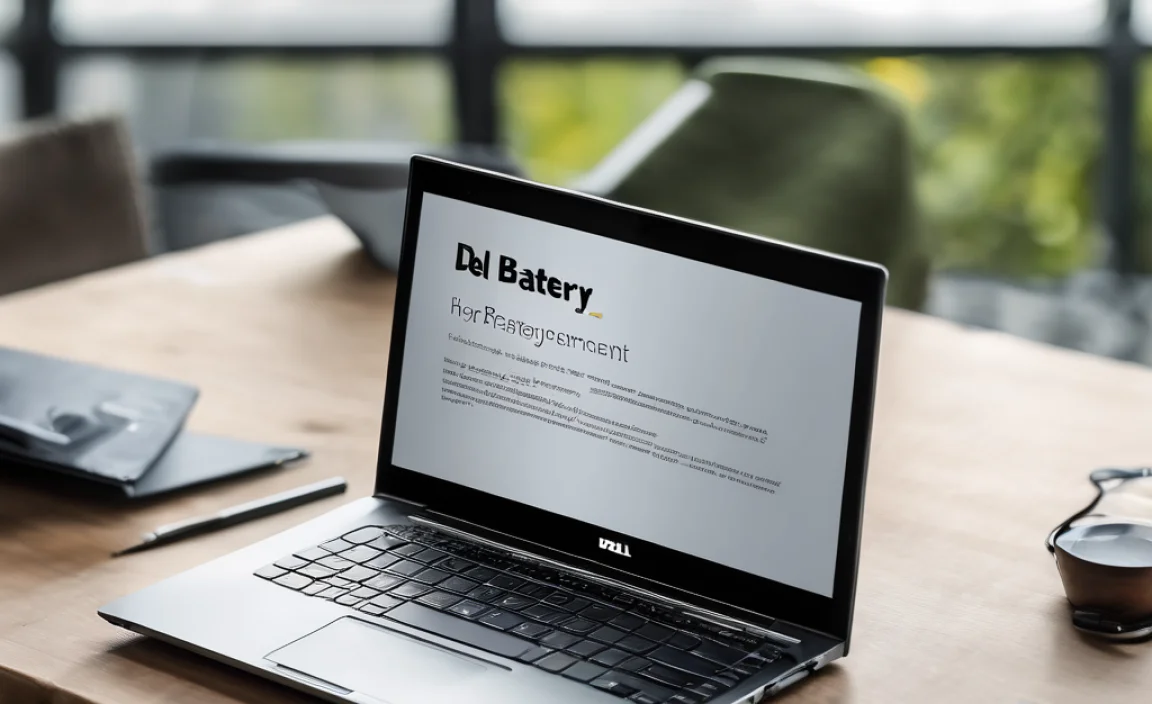Navigating the Lightning Storm: Finding the Best Type C Adapter for iPhone
The ubiquitous type c adapter for iPhone has become a sought-after accessory for many Apple users looking to embrace the future of charging technology. For years, iPhones were exclusively tethered to Apple’s proprietary Lightning connector. However, with the recent shift towards USB-C as a universal standard across many devices, including the latest iPhone models, the need for reliable and efficient adapters has skyrocketed. This transition isn’t just about convenience; it’s about capitalizing on faster data transfer speeds and broader compatibility. But with a market flooded with options, how do you pinpoint the “best buy” when it comes to a type C adapter for your iPhone?
The primary reason for the surge in demand for a type C adapter for the iPhone stems from the increasing prevalence of USB-C across the tech landscape. From Android smartphones and laptops to tablets and even gaming consoles, USB-C is the connection of choice. This uniformity offers a compelling advantage: a single cable can potentially power and connect a multitude of your devices. For iPhone users, this means no longer needing to carry a dedicated Lightning cable alongside a USB-C cable for their other gadgets. It simplifies your tech life, reduces clutter, and ensures you’re always prepared, whether you’re at home, in the office, or traveling. The best type C adapter for iPhone doesn’t just bridge a gap; it opens a door to a more streamlined digital existence.
Understanding Adapter Types: What to Look for in a Type C Adapter for iPhone
When you’re on the hunt for a type c adapter for iPhone, it’s crucial to understand that not all adapters are created equal. The term “adapter” can encompass a few different product categories, each serving a distinct purpose.
USB-C to Lightning Cable: This is the most direct solution for connecting a USB-C port to your iPhone’s Lightning port. These cables allow you to charge your iPhone using a USB-C power adapter or connect it to a USB-C port on a computer for data transfer. When looking for the best buy here, prioritize MFi (Made for iPhone/iPad/iPod) certification. This Apple certification guarantees that the cable meets their stringent performance and safety standards, ensuring compatibility and preventing potential issues like slow charging or data corruption. Read reviews carefully, paying attention to mentions of durability, cable braiding, and connector quality.
USB-C to Lightning Dongle/Converter: These are smaller, often more compact devices that plug into your iPhone’s Lightning port and provide a USB-C female port. This allows you to use your existing USB-C cables with your iPhone. While convenient for using a singular USB-C cable, these dongles can sometimes introduce minor signal degradation or be a point of failure. Again, MFi certification is paramount. Consider the build quality – you want something robust that won’t easily break or get lost.
* USB-C Hubs/Docks with Lightning Output (Less Common but Exists): In some niche scenarios, you might find hubs designed for laptops that offer a USB-C input and then provide various outputs, including potentially a Lightning port. These are less common for direct iPhone use but could be relevant for specific professional setups.
The “best buy” for a type C adapter for iPhone ultimately depends on your primary use case. If you’re simply looking to charge your iPhone with your existing USB-C charger, a high-quality USB-C to Lightning cable is likely your best bet. If you have a good USB-C cable and want to use it with your iPhone, a well-made MFi-certified dongle might be preferable.
The Advantages of Embracing USB-C with Your iPhone
The transition to USB-C, even through an adapter, brings significant benefits. Firstly, charging speeds are a major draw. USB-C, especially when paired with Power Delivery (PD) technology, can deliver significantly faster charging to compatible devices. While older iPhones may not achieve the absolute peak speeds of the latest USB-C power bricks, using a good quality USB-C to Lightning cable with a PD-compatible charger will still offer a noticeable improvement over standard chargers.
Secondly, data transfer speeds are another compelling reason. USB-C ports and cables typically support much higher data transfer rates than older USB standards. This means quicker backups, faster syncing with your computer, and more efficient transfer of photos and videos. For professionals and power users, this can translate into substantial time savings.
Finally, universal compatibility is the overarching advantage. As more devices adopt USB-C, the fewer unique cables you need to carry. This is a boon for travelers and anyone seeking to declutter their charging station. Owning a type c adapter for iPhone is a step towards a more unified charging ecosystem, reducing the reliance on proprietary connectors and fostering greater interoperability. When investing in a type C adapter for your iPhone, always prioritize reputable brands and MFi certification to ensure you get the most out of these advantages without compromising your device’s safety or functionality.
Making the Final Purchase: Tips for a Smart Type C Adapter for iPhone Investment
To ensure your type c adapter for iPhone proves to be a worthwhile purchase, keep these final tips in mind. Always check for the “Made for iPhone” (MFi) certification from Apple. This is non-negotiable. MFi certified accessories undergo rigorous testing and have proven to meet Apple’s high standards for safety, performance, and compatibility. Uncertified accessories can lead to charging errors, data transfer issues, or even damage to your iPhone.
Beyond MFi certification, read customer reviews. Look for feedback on durability, the quality of the connectors, charging speed consistency, and overall reliability. Pay attention to reviews from users with similar iPhone models to yours. Lastly, consider the brand’s reputation. Established brands that specialize in mobile accessories are often a safer bet than unknown, cheap alternatives. While it might be tempting to save a few dollars on an uncertified or obscure adapter, the potential risks far outweigh any minor cost savings. Investing in a quality type C adapter for your iPhone is an investment in the longevity and seamless operation of your most used device.


